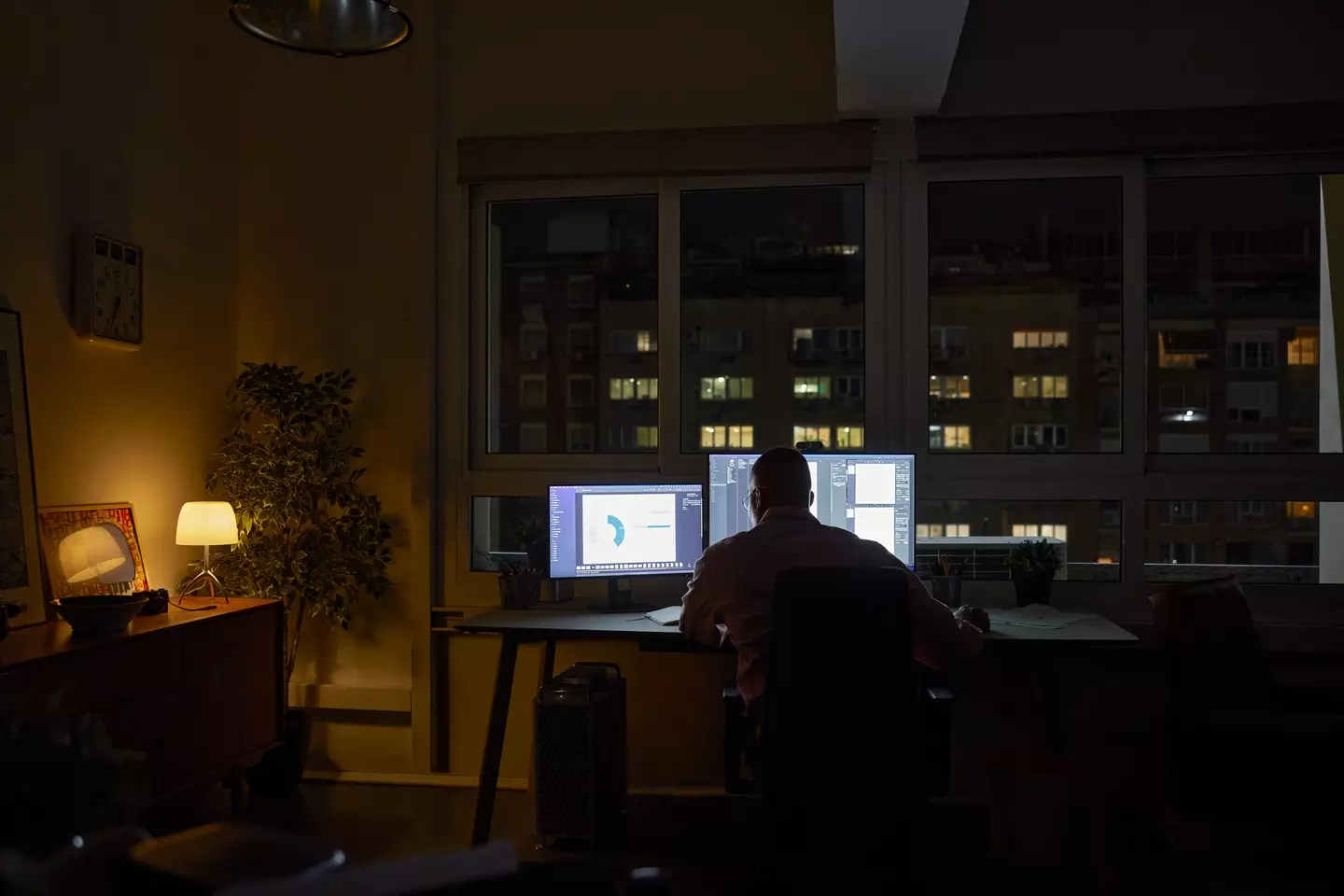
As we're now in the depths of autumn, that dreaded time is here once again - the clocks are about to change.
Yes, that's right, put your shorts away and pull out your cosy jumpers from the back of the wardrobe as British Summertime is well and truly coming to an end.
Now, this time of year is always a bit divisive as some people love nothing more than staying in and hunkering down with a good TV show in the evenings, while others can't think of anything worse.
The reduced sunlight can actually disrupt your body's internal clock as well as decreasing Vitamin D production in the body, meaning some people experience low moods around this time of year.
Advert
Whether you love it or hate it, everyone in the UK needs to remember to change their clocks, or you might find yourself turning up to work at the wrong time.
But first, here's everything you need to know about the clocks changing, including when it's happening this month.

Why do the clocks change?
In the UK, the clocks change twice a year. They go forward an hour at 1am on the last Sunday in March, and back an hour at 2am on the last Sunday in October.
You may think that there's a big scientific reason behind why, but that's surprisingly not the case.
The idea actually stems from the idea that people thought that by sleeping through daylight in the summer, the day was being wasted.
Essentially, British builder William Willett published a pamphlet all the way back in 1907 called ‘The Waste of Daylight’, arguing that we were losing precious sunlight while we were sleeping.
And so, the idea was to increase the amount of daylight in the evening in summer by ‘borrowing’ an hour from the morning - this time of the year is called daylight saving time.
The idea has certainly stuck around as we still use it now every single year in the UK.

Do other countries change their clocks?
The UK is not the only country in the world that practices daylight saving. Approximately 70 countries make the switch, however it varies from region to region and most of which are European and North American.
And most countries don't change the clocks on the same day, for example in the US the switch is taking place on 2 November this year, while in Egypt, it's 30 October.
Meanwhile, many countries in Africa and Asia situated around the equator do not change the time at all. And some countries used to practice daylight saving but have since opted out and abolished the practice.
Which way do the clocks change in October?
The clocks will go back an hour, meaning we gain an extra hour in bed, which is a nice perk.
Most device clocks change automatically, for example your phone, but any manual clocks will need to be changed.

When do the clocks change?
As we say, this month's change is happening at 02:00 BST on Sunday 26 October in the UK. Every year, the clocks go back an hour at 2am on the last Sunday of October, which happens to fall on that date this year.
The clocks will then go forward an hour and change back to British Summer Time on 29 March 2026.
How can clocks changing affect you?
Although the clocks changing may feel insignificant, there are actually a number of ways it can affect you.
As per Change, it can disrupt your internal body clock, also known as the ‘circadian rhythm’.
Essentially, our bodies get used to a certain schedule, like waking up and going to bed at the same time every day and when this changes, it can take some time for our bodies to adjust.
According to the Sleep Foundation, it may also throw off your ability to feel alert in the morning and sleepy at night.

On top of this, studies have suggested that the shift might also be linked to an increase in mood problems and even some physical health issues.
For example, Seasonal Affective Disorder (SAD) is a condition that can intensify during the clock change due to exposure to natural daylight.
It can also lead to feelings of isolation as options for plans may be more limited.
Mainting a consistent routine, making the most of those precious daylight hours and staying active are all ways you can try to adjust to the change.
There is more help available on the Change website.
If you're experiencing distressing thoughts and feelings, the Campaign Against Living Miserably (CALM) is there to support you. They're open from 5pm–midnight, 365 days a year. Their national number is 0800 58 58 58 and they also have a webchat service if you're not comfortable talking on the phone.